Originating in the Sri Pada mountain range, the Kelani River threads its way through the most densely populated and industrialized parts of the Western Province, and flows through the capital city to reach the Indian Ocean. From fisheries to hydropower, the Kelani River is of vital economic importance as it is not only a source of water for the myriad of factories and industries that occupy its banks but is also used by these industries as a dumping ground for effluents and other waste. Despite being the most polluted river in Sri Lanka, this river also supplies 80% of Colombo’s residents with drinking water. The clash between these opposing functions of the river became evident in September 2015, when a disastrous diesel leak from a Coca Cola factory contaminated the water supply of the city.
While highly publicized, this industrial disaster was merely the most severe symptom of the steadily deteriorating water quality of the Kelani River. In an effort to contribute towards a long term solution to this issue, Environmental Foundation Limited began the Kelani River Water Quality Restoration Programme which was funded by The Asia Foundation. Over the course of 2 phases in the last 12 months, EFL worked with industries, the Central Environmental Authority and riverine communities in a multi-facetted approach that included generating spatial and scientific data, awareness raising, policy interventions, and training, to improve and preserve water quality in this vital river basin.
In order to get a snapshot of the state of water quality in this river, EFL conducted surveys along a 40km stretch of the Kelani River which was most subject to pollution, measuring water quality, mapping pollution sources and industries and generating baseline data to be used for further monitoring efforts and maps that could be used to identify potential sources of pollution from various types of industry such as tanning and textiles.
EFL engaged with industries pumping factory effluents into the Kelani River, distributing a quick reference guide for industrial standards on waste management and bringing them into the discussion on strengthening policy to protect water quality. The policy dialogue held in December 2015, offered a platform for industries to voice their opinion on how legislature and policy mechanisms could be strengthened, while learning about how they could take proactive measures beyond mere compliance, to prevent industrial disasters. EFL compiled the recommendations of the dialogue and is currently working with the CEA to incorporate these interventions into its policy and strategies.
Informed by the recommendations of the policy dialogue, EFL decided to remedy the issue of irregular monitoring by training riverine communities and mobilizing them to be vigilant protectors of their river environment. Part of this training included education on how to sustainably dispose of domestic waste as garbage dumping directly into the Kelani River is also a source of pollution that has led to the overall deterioration of water quality.
Through this participatory approach, EFL has laid the groundwork for communities to safeguard their own environments, and has ensured that industries understand the importance of compliance to regulations if they are to continue to use this life-giving resource, and has most importantly created a partnership that can be used to enhance and conserve the Kelani River in the future.
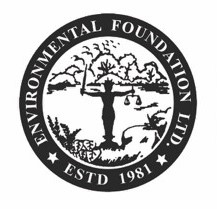
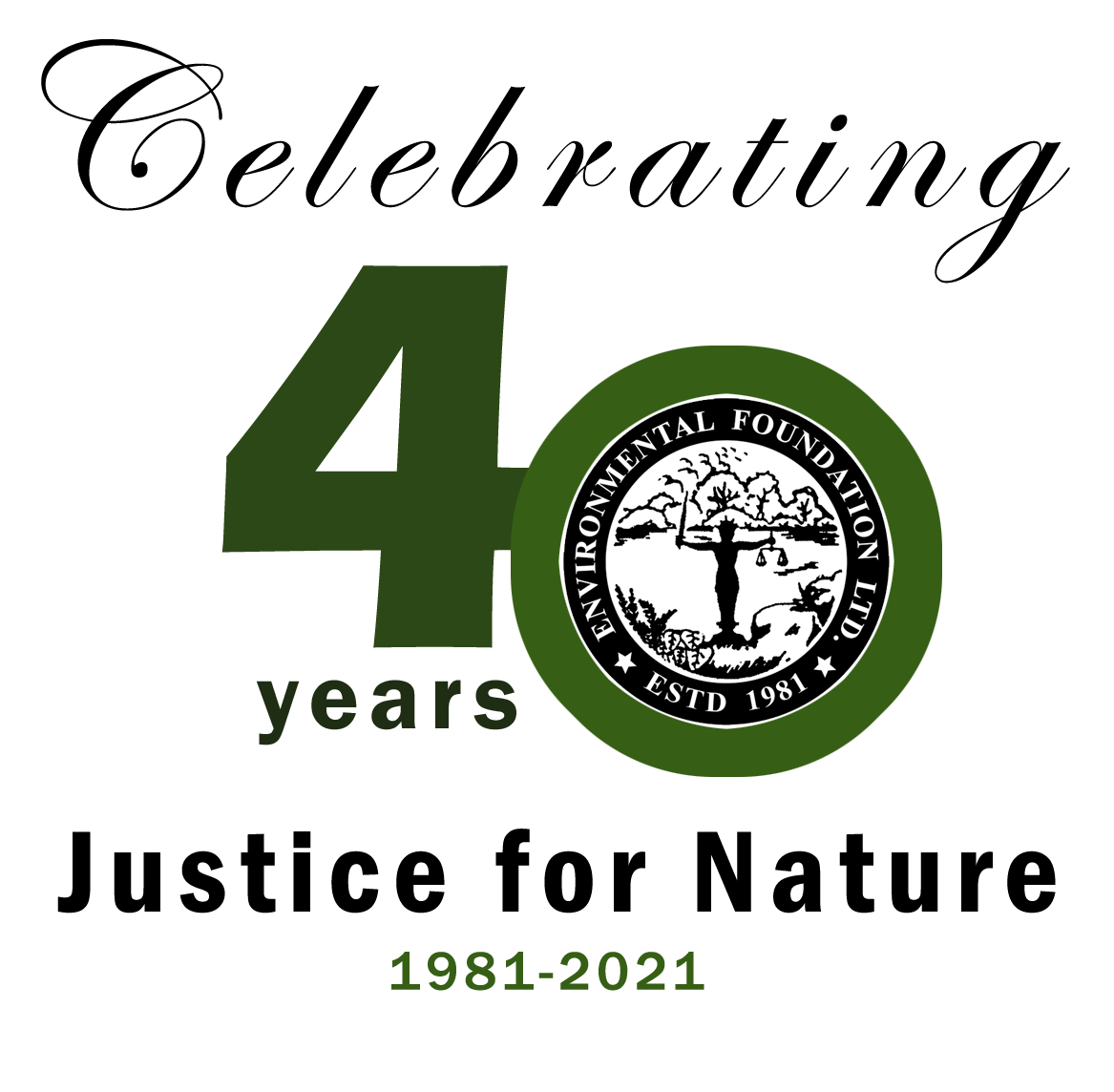

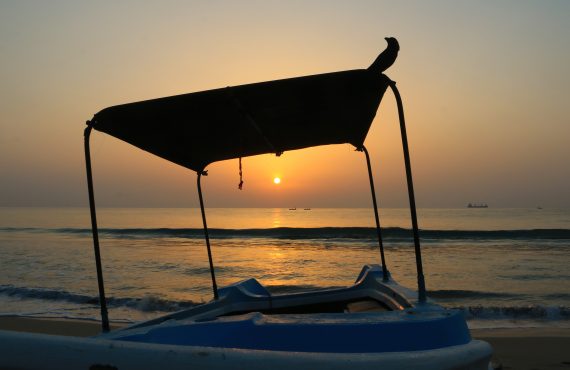
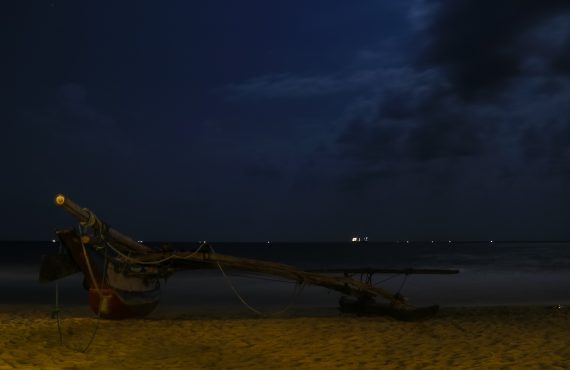


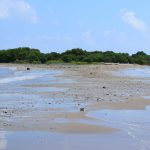

No comments yet.